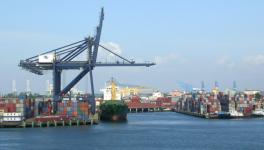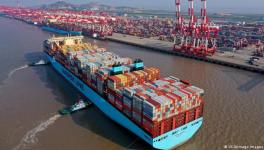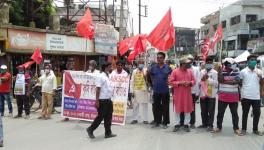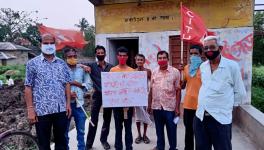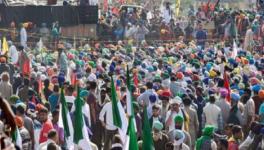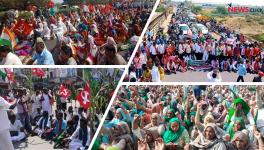Farmers, People’s Movements Hold Countrywide Protest Against RCEP, India Defers Agreement
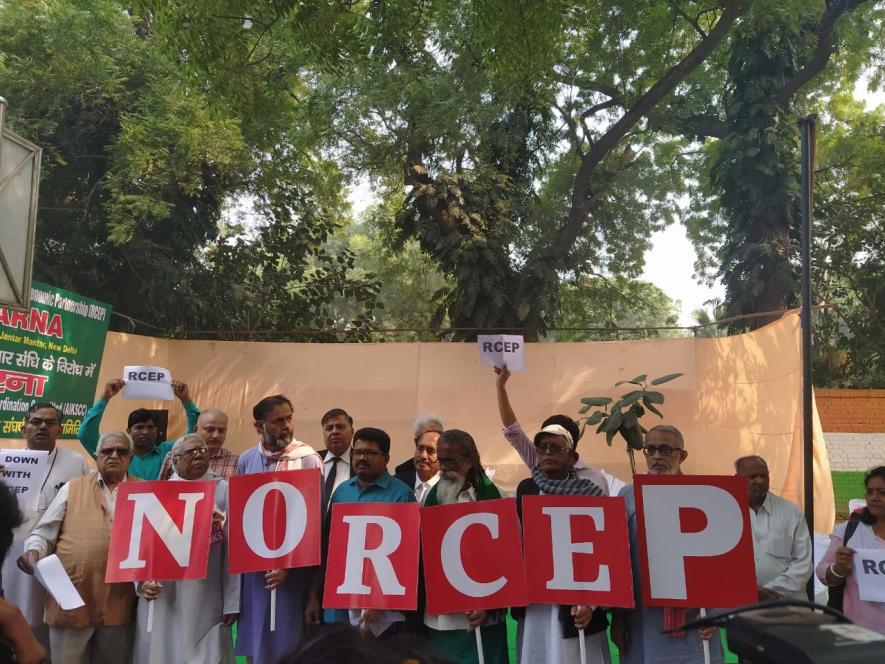
On Monday, November 4, as per the call of All India Kisan Sangharsh Coordination Committee (AIKSCC), farmers across the country demonstrated against India being a party to the Regional Comprehensive Economic Partnership (RCEP). RCEP, a free trade agreement, consists of 16 countries including 10 ASEAN (Association of Southeast Asian Nations) countries along with China, Japan, South Korea, Australia, New Zealand and India.
Though the RCEP agreement was to be signed on Monday in Bangkok, India reportedly raised concerns over the small scale industries and deferred the agreement. Farmers’ groups and people’s movements, however, demand India’s withdrawal from the agreement.
Across the country, farmers and people who had gathered at district and lower administrative offices at nearly 500 areas, burned the effigy of RCEP and urged the government to step back from the agreement. Raising slogans against RCEP, farmers shared their concerns and asserted for their rights.
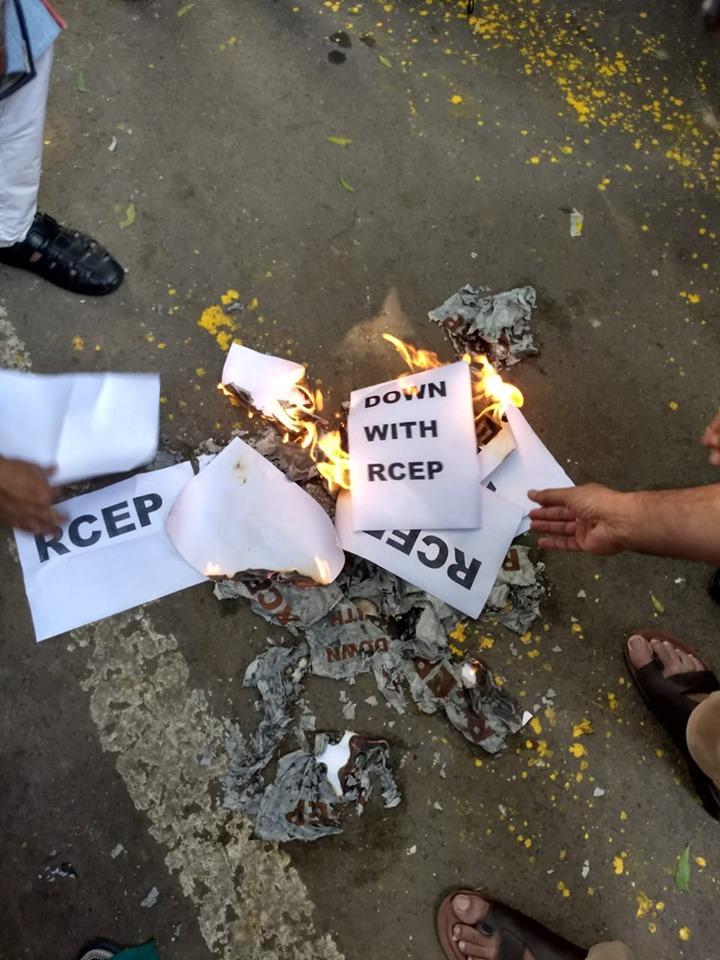
In Delhi, a dharna under the banner of AIKSCC, saw the participation of representatives from various organisations including All India Kisan Sabha (AIKS), Swaraj India, All India People’s Science Network, etc. “According to the RCEP, the countries which are in this agreement, will be able to sell their products—agricultural, industrial and other products—to other RCEP countries without any custom duty or tariff. That free entry will give access for other countries to our market,” Hannan Mollah, general secretary of AIKS, one of the leading organisations in AIKSCC, told NewsClick explaining how the agreement would affect, specifically, farmers.
Also read: Who Benefits from RCEP - the World’s Largest Free Trade Agreement?
“The cost of production in India is much higher than other countries. Rest of the countries give high subsidies to farmers. But, our people and farmers get very less subsidy. For instance, Japan gives $ 14,000 subsidy to farmers, while our government gives only $ 100. In such a situation, we can not compete with these forces,” he added.
“Because of GATT (General Agreement on Trade and Tariffs) agreement farmers started committing suicide. In this agreement, the interests of farmers will be destroyed totally,” Mollah said, adding that the tariff free product import will lower the prices of produces and in this situation, Indian farmers and producers won’t be able to compete in this market. “Dairy products, rice and plantation products will highly be damaged due to this agreement,” he said.
For instance, consider the case of milk products. At present, milk powder has 60% and fats have 40% tariffs. Removal of tariff means that the companies from other countries will be able capture the market here affecting the livelihood of nearly 10 crore families engaged in the sector. Australia and New Zealand are the countries that export dairy products abundantly.
Though the negotiations are in the final stage, no draft of the negotiation text has been made public or even the state governments have not been consulted. Not only that, there has been no discussion in the Parliament on this issue so far.
Also read: RCEP: As Deadline Looms, Trade Unions Call Out Dangerous Causes
“The government did not reveal various components in the agreement and it has not even been discussed in Parliament which is against the democratic ethos of the Constitution. In fact, it is going to affect not only the farmers but also MSME (Micro, Small and Medium Enterprises) sector. Unfortunately, the government did not discuss the details with the states which is against the federal principle,” said KK Ragesh, a Rajya Sabha member from Kerala.
While in Kerala, the Left Democratic Front government along with various political parties including Communist Party of India (Marxist) have demonstrated against RCEP. After the ASEAN- India treaty, Kerala is one of the worst-hit state due to the crisis in the plantation sector.
If we consider the example of rubber farmers in Kerala, in 2011, before signing the ASEAN treaty, the farmers were getting Rs 247 per kg of rubber. After the agreement, the import duty on rubber had been slashed and it resulted in a steep decline of the price of rubber and currently the farmers get around only Rs 100 per kg of rubber.
“In the case of rubber, the price had fallen from Rs 247 to Rs 100. This is what is going to happen with other commodities as well,” Ragesh said.
When asked about the pharmaceutical products, Ragesh added, “India is known as the pharmacy of the third world counties. We are giving cheaper medicines to other countries especially for AIDS. Now, it is going to affect the pharmaceutical products.”
“The government has deferred the agreement. But we want it to be defeated and we will continue to fight till it is defeated,” said Mollah.
Also read: India’s RCEP Dilemma: Is There a Way Out?
Get the latest reports & analysis with people's perspective on Protests, movements & deep analytical videos, discussions of the current affairs in your Telegram app. Subscribe to NewsClick's Telegram channel & get Real-Time updates on stories, as they get published on our website.









